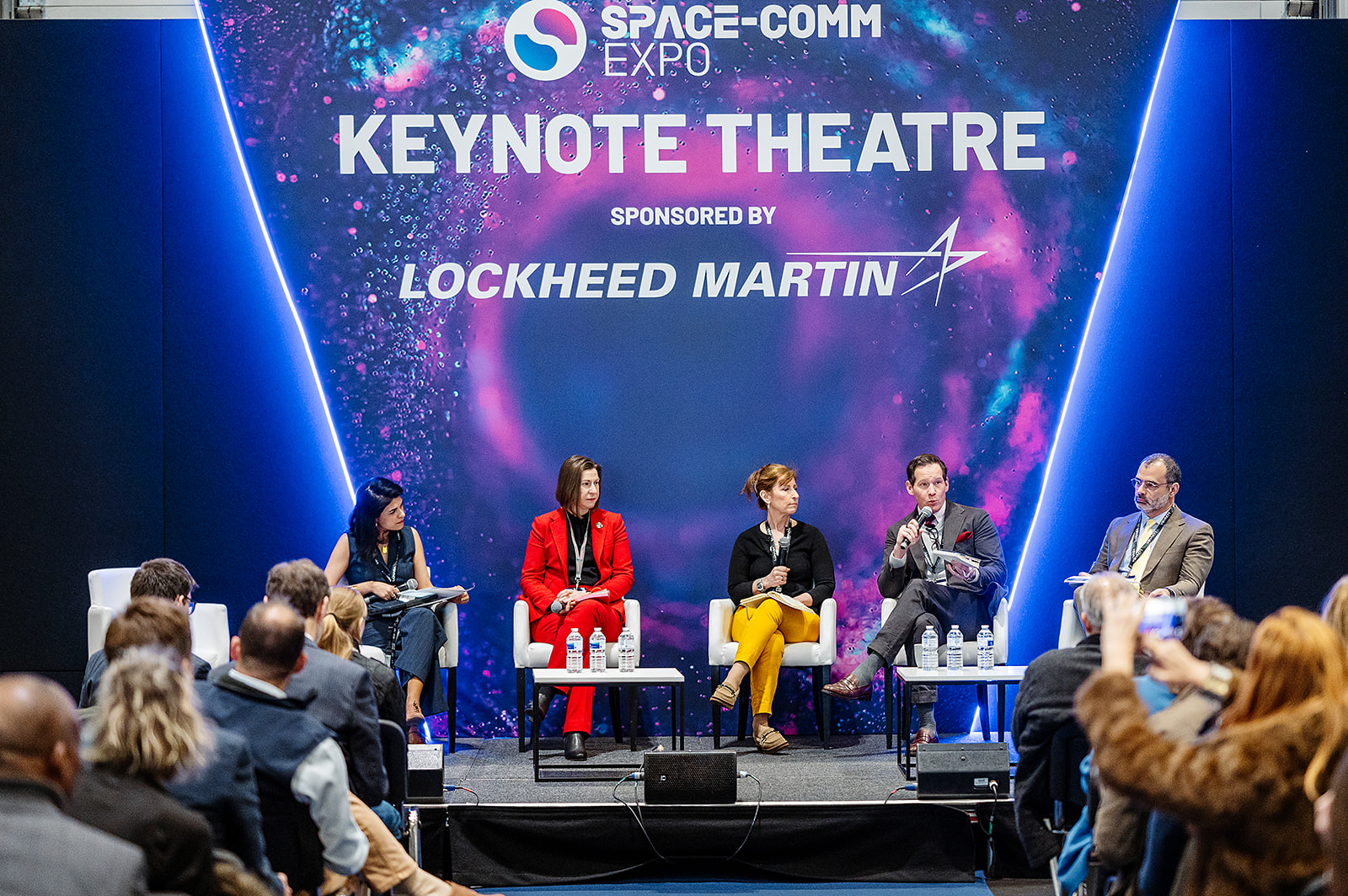UKSA reveals critical tech driving UK space exploration

Image courtesy UKSA
The Space Exploration Technology Roadmap will guide research and development activity and future funding decisions over the next decade, putting the UK’s growing space sector in a stronger position to collaborate with international partners including NASA, the European Space Agency and JAXA (Japan’s space agency).
The roadmap identifies a number of gaps to be addressed as well as areas of existing strength which should be built upon for the UK to fully benefit from the increasing commercialisation of space exploration and the global space economy, which is estimated to reach $1 trillion by 2040.
UK Space Agency CEO Dr Paul Bate said: "Discovery is fundamental to the work of the UK Space Agency, and we are entering a new era of space exploration where governments and commercial operators are working closer than ever before.
"By setting out this roadmap, we are giving clarity to industry and researchers across the space sector, and positioning the UK as a partner of choice for future space exploration missions to the Moon, Mars and beyond."
Autonomy and Artificial Intelligence (AI) can enhance the capability and efficiency of missions. As you move further away from Earth, autonomous navigation helps spacecraft explore planets and moons without the need for direct, continuous control by human crews back on Earth or in orbit. The technology is also important for the growing number of commercial satellites in low Earth orbit.
As humans return to the Moon and develop the infrastructure to travel to Mars, nuclear power will provide a reliable and lasting source of energy for activities such as construction, power, heating and life support.
Technologies recommended in the roadmap:
Advanced Manufacturing
Autonomy & Artificial Intelligence
Communications & Mission Operations
In Situ Resource Utilisation
Life Support & Crew Performance
Navigation & Sensing
Propulsion
Robotics
Sample Curation
Science Instrumentation
Space Nuclear Power
The roadmap supports the aims of the National Space Strategy to grow and level-up the space sector and put the UK at the forefront of pioneering research and development. It is informed by consultation with the space sector, to identify the most appropriate technologies for the UK to focus on. The roadmap will act as a brochure of UK technological capabilities for investors and customers around the world.
Further consultation and collaboration with UK organisations active in these fields will help develop detailed analysis on each specific technology area, while regular reviews of the roadmap will ensure it keeps pace with new technological and commercial developments, as well as the UK’s growing ambitions in space.
It follows the first meeting of the newly reinstated National Space Council yesterday (19th July), which saw ministers discuss government space policy, including ambitions to become Europe’s leading provider of small commercial launch by 2030. The release of the new National Space Strategy in Action was also announced during the meeting, outlining the UK space sector’s progress since the launch of the National Space Strategy in 2021, as well as plans for the establishment of more regional space clusters and a review of space regulations to boost effectiveness and innovation.
Major projects featured in the roadmap include Lunar Pathfinder, a spacecraft designed, owned and operated by Surrey Satellite Technology to trailblaze the European Space Agency’s Moonlight project to create a network of satellites that would provide communication and navigation services for exploration on the Moon.
The UK-led Rosalind Franklin Rover, due for launch to Mars in 2028 is also highlighted, along with Nammo’s satellite propulsion system and the University of Glasgow’s novel pulse elevator technology that can be used to extract solid materials with less impact that traditional drilling.













